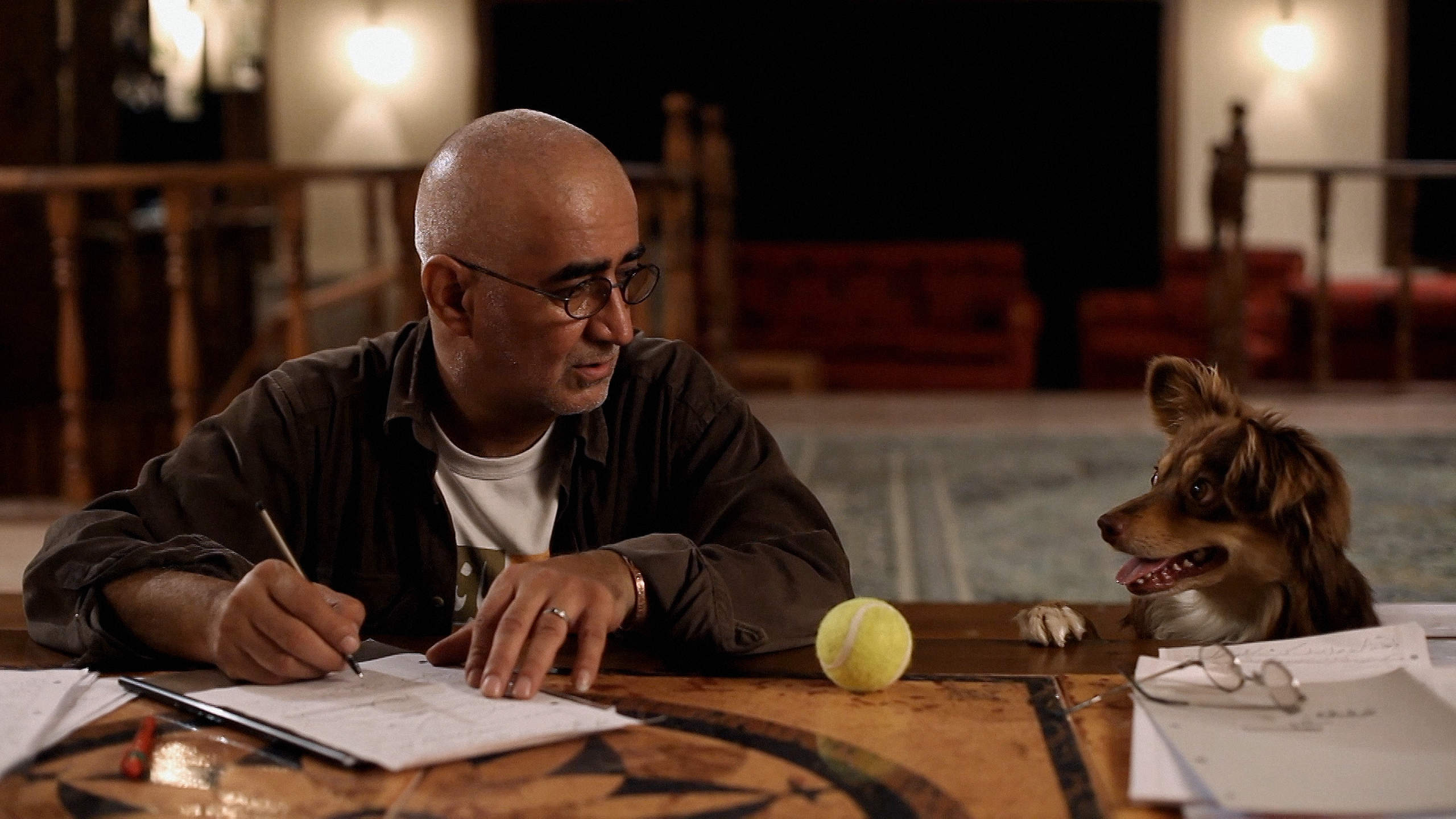
House arrest and a 20-year film-making ban by the Iranian government have done little to stifle the output of the director Jafar Panahi. On the contrary, the punishment for his protests against the disputed 2009 presidential election seems to have inflamed his creativity. He was already a fearless opponent of Iran’s leaders, addressing in his films injustice that was economic (The White Balloon, Crimson Gold) or rooted in gender inequality (The Circle, Offside). But not only has he refused to adhere to the sentence handed down in 2010, he has turned it into the subject of his work.
Iranian cinema has always had a propensity for the postmodern, its analytical sophistication providing a counterpoint to its storybook lyricism. The work of Abbas Kiarostami and the Makhmalbaf family is littered with examples of real events restaged for the camera. (Close-Up, Kiarostami’s 1990 film about a conman who impersonated the director Mohsen Makhmalbaf, may be the ultimate example: everyone on screen is playing who they are in real life.) Panahi’s earlier work largely resisted that reflexive element. These days his options are more limited: he has few other places to turn his camera but inwards.
The surprise is that these movies about himself feel as inclusive as ever. This Is Not a Film, shot on a mobile phone and set entirely in and around Panahi’s apartment, showed him contemplating an unmade project in a tone that veered between confusion and outrage. It came to represent all cases of censorship. Taxi, which won the top prize at this year’s Berlin International Film Festival, could have been called This Is Not a Director: it shows him working shifts as a cab driver now that ostensibly his day job has been curtailed. Its very existence is another of his defiant jokes.
Made in 2013, in between This Is Not a Film and Taxi, Closed Curtain is the most opaque and sombre of the pictures to have emerged so far from Panahi’s confinement. Each one is like a distress flare launched into the night sky, or an SOS message sent bobbing out to sea in a bottle. Indeed, the ocean is a symbolic presence here, glimpsed from the window of the beachfront villa where the film is set (Panahi’s own holiday home by the Caspian Sea) and where the Writer, played by the film’s co-director, Kambozia Partovi, is holed up.
He has come here to work but also to hide his mutt, Boy, because dogs are considered impure in Islamic culture. Interrupted in his writing at one point by the sound of the television, the Writer dashes upstairs and finds Boy watching a grisly documentary about anti-canine brutality. The scene is typical of the film’s tone: lightly humorous (it is edited to suggest that the pooch switched on the TV himself) but with an unpleasant aftertaste (the programme is turned down, not off, and Boy carries on watching the violence against his species, a plaintive look in his eye).
Man and dog are not alone for long. There is a fracas outside and soon they are joined by Malika (Maryam Moghadam), a woman with scars on her wrists and the law on her tail. The Writer finds his calm disrupted, not only by her presence, but by her sudden disappearances, too. He never knows where, or even if, he will find her around the house. When she does materialise, her presence is disruptive. She tears down the large, rectangular sheet of black fabric that has made one room-length window resemble a blank cinema screen, and she removes the coverings he has draped over framed Jafar Panahi film posters.
Panahi becomes part of the action, too, though he doesn’t interact with the characters he has created; he seems to exist in a different dimension, his demeanour signalling for us that the playfulness we saw in This Is Not a Film has dwindled. There are still glimmers of hope: a friend tells him, “You’ll be able to work again,” and a scene that appears to be leading towards despair rewinds before our eyes.
But this is still a mournful piece. Panahi has said he wrote it while struggling with depression, and it shows. Surely his own doubts are being expressed when Malika asks the Writer incredulously: “You think you can capture reality, especially here?” It is as though the imprisoned man has awakened from his dreams of freedom. Only now does he comprehend the limitations of his cell.
Closed Curtain, directed by Jafar Panahi and Kambozia Partovi, is out now, certificate 12A
This article appears in the 02 Sep 2015 issue of the New Statesman, Pope of the masses





